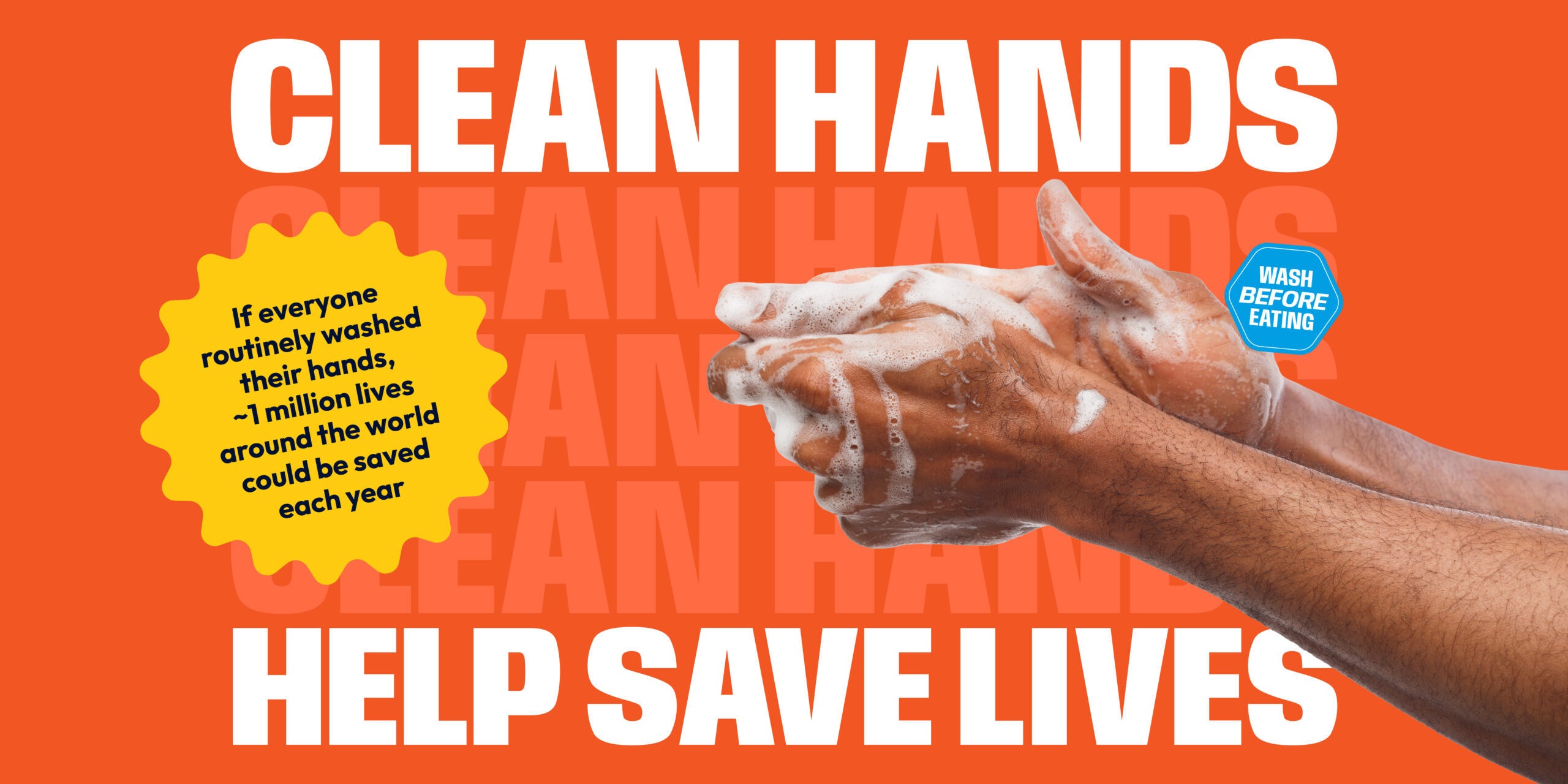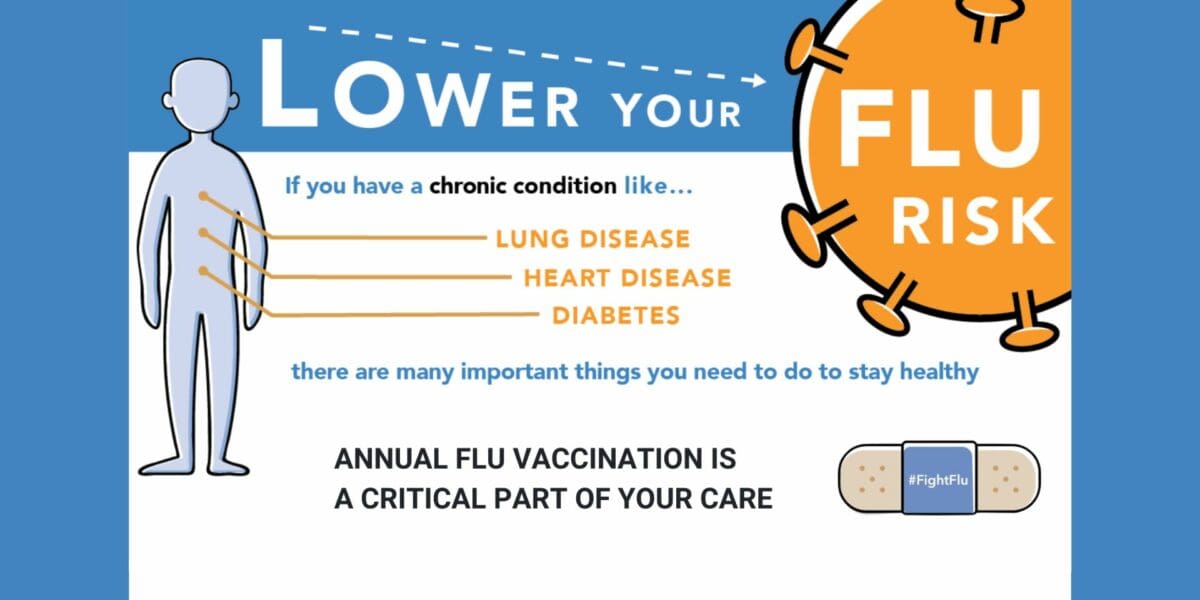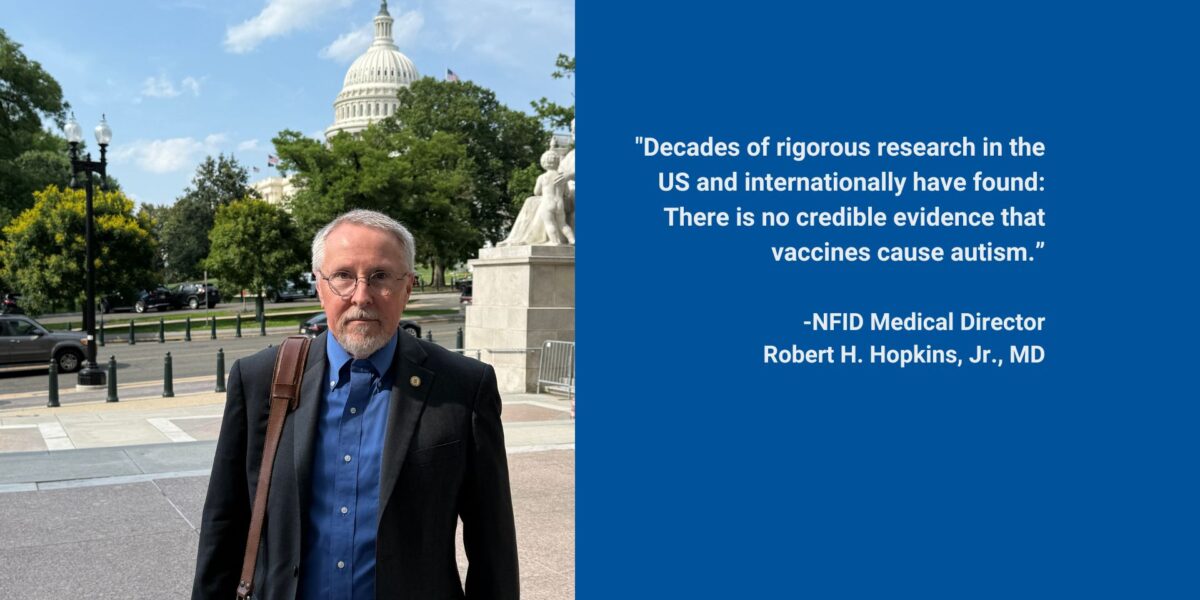
2025 State of Handwashing Report by the National Foundation for Infectious Diseases finds that many US adults forget or choose not to wash their hands at key times when germs can easily spread
1 out of 5 (20%) admit to not washing their hands, even though handwashing can help prevent approximately 80% of infectious diseases
Bethesda, MD (May 5, 2025)—Today, on World Hand Hygiene Day, the National Foundation for Infectious Diseases (NFID) is launching the Hands In For Handwashing campaign to raise awareness about the importance of handwashing to help stop the spread of infectious diseases. The campaign includes the 2025 NFID State of Handwashing Report, based on a new national survey of US adult handwashing knowledge and behaviors.
The report offers unique insights into where, when, and why US adults are most likely to wash their hands, and when they forget or choose not to do so. Following the worst influenza (flu) season in more than a decade and several norovirus outbreaks across the US, the NFID report reveals that while US adults say they know how to wash their hands properly, their habits often suggest otherwise.
Key survey findings:
- 6 out of 10 (62%) survey respondents correctly answered that washing their hands with soap and water for 20 seconds effectively reduces the spread of germs
- Yet nearly half (48%) of US adults admit to forgetting or choosing not to wash their hands at key times, like after visiting grocery stores, restaurants or coffee shops, or a healthcare setting (doctor’s office, pharmacy, clinic, or hospital)
- While forgetting is the most common reason reported for not washing hands, 1 in 5 (20%) actively choose not to wash their hands, citing reasons like it being unnecessary, a lack of time, or a concern about drying out their hands
- Of those who did not wash their hands with soap and water, men are more likely to simply forget, while women are more likely to use alternatives like hand sanitizer
- The top 3 situations that prompt US adults to wash their hands are: after using the bathroom (69%), handling food (48%), and handling human or animal waste (39%)
- Only 30% of respondents reported that they are most likely to wash their hands after coughing or sneezing, which is a concern, given how easily respiratory diseases such as flu can spread
“Given the importance of handwashing in infectious disease prevention, the stakes are high—improving hand hygiene can help improve health for all,” said NFID Medical Director Robert H. Hopkins, Jr., MD. “While handwashing is an important strategy for disease prevention, and should be complementary to vaccination, it is a critical and often overlooked tool.” Estimates show that if everyone routinely washed their hands, about 1 million lives could be saved around the world each year.
According to the survey, 55% of US adults wash their hands primarily to stay healthy and avoid getting sick. In addition, 68% of respondents said that avoiding spreading germs to others was among their top 3 reasons for handwashing, showing concern for protecting others in the community.
“Proper handwashing puts the power of health in our own hands,” said NFID Immediate Past-President Patricia A. Stinchfield, RN, MS, CPNP. “Handwashing is an easy and effective way to prioritize your health and the health of those around you.”
For some, handwashing is a seasonal behavior–1 in 4 (26%) respondents reported washing their hands more frequently in the fall and winter, even though germs can spread throughout the year. The survey also found that 33% of respondents report washing their hands more now than they did during the COVID-19 pandemic.
As part of the campaign, NFID is also hitting the road with a Clean Hands Caravan, a mobile handwashing station to make it easier for people to wash their hands in places where germs can spread.
“The caravan was created to make handwashing accessible and visible during key moments in everyday life when it is important to wash hands,” said NFID Chief Executive Officer Marla Dalton, PE, CAE. “We wanted to grab people’s attention with vibrant colors, eye-catching graphics, and memorable slogans to bring some excitement to an important but sometimes overlooked habit taught in kindergarten—washing your hands.”
The Clean Hands Caravan tour launched at the Washington Spirit soccer game in Washington, DC on May 2, 2025. Additional tour stops include the World Barbeque Cooking Contest in Memphis, TN, from May 14-17, 2025, and the Atlanta Jazz Festival in Atlanta, GA, from May 24-26, 2025.


“NFID encourages everyone to wash their hands to help stop the spread of infectious diseases, and we encourage organizations to join the Hands In For Handwashing movement to support healthier lives for all,” Dalton said.
For more information about the 2025 NFID State of Handwashing report, and to access handwashing resources throughout the year, visit: www.nfid.org/handwashing
About the National Foundation for Infectious Diseases
Founded in 1973, the National Foundation for Infectious Diseases (NFID) is a non-profit 501(c)(3) organization dedicated to educating and engaging the public, communities, and healthcare professionals about infectious diseases across the lifespan. NFID has a 4-star rating from Charity Navigator and has earned a Platinum transparency seal from Candid/GuideStar. For more information, visit www.nfid.org.
About the Survey
The survey was funded by NFID and conducted by NORC at the University of Chicago as part of the AmeriSpeak Omnibus®, a monthly survey using the NORC probability-based panel designed to be representative of the US household population. The US survey received responses from 3,587 respondents from all 50 states and the District of Columbia via online and telephone interviews using landlines and cell phones. Data was collected in November and December 2024 and March 2025. The margin of sampling error is ±2 percentage points for all respondents.
Contact: Ryan Horey, rhorey@webershandwick.com
Recent Press Releases

NFID Calls for Evidence-Based Guidance as Many People Skip Life-Saving Respiratory Vaccines
Survey reveals misconceptions about vaccines and declining vaccination rates

National Health Organizations: Flu Shots Critical for Individuals with Diabetes, Heart, and Lung Disease
During National Influenza Vaccination Week, experts encourage everyone age 6 months and older to get vaccinated to reduce risk of severe illness and hospitalization

NFID Calls for Scientific Integrity and Transparency in CDC Communications
Decades of rigorous research in the US and internationally have found no credible evidence that vaccines cause autism.
